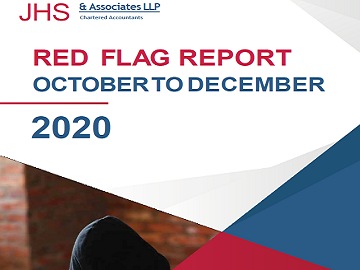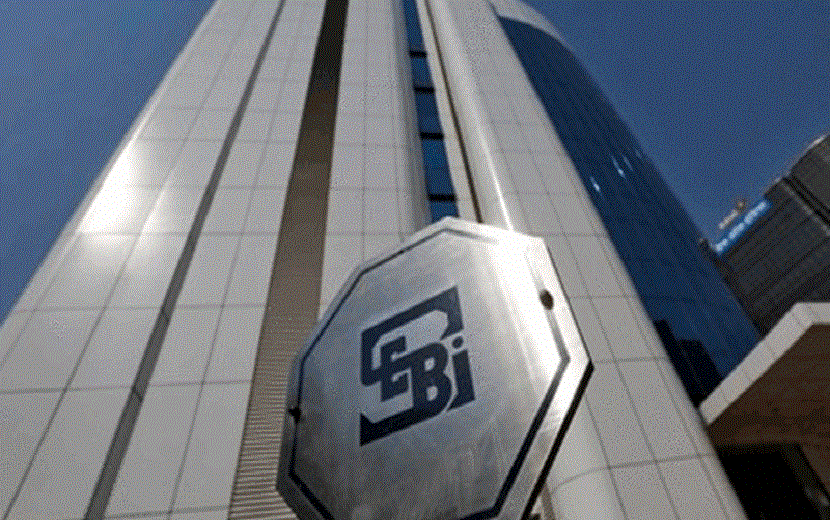Reference: Central Board of Direct Taxes
Update:
Ex-parte order against client can’t be recalled if in-person notice was served to its CA
PCIT v. NRA Iron & Steel (P.) Ltd. – [2019] 110 taxmann.com 491 (SC)
The Supreme Court had issued a court notice to the assessee-company but no one appeared on behalf of the company. Thereafter, a dasti notice (a notice served in person) of court proceedings was served upon the Chartered Accountant (an authorized representative of the company) but he failed to communicate the same to the company.
Therefore, the Supreme Court passed an ex-parte order as assessee remained unrepresented despite service of in-person notice upon its authorised representative. The company filed an appeal to recall the judgment on the ground that the Chartered Accountant was not the \’principal officer\’ of the Company and, therefore, notice could not be effected upon him.
The Supreme Court keeping in view the facts and circumstances of the case held that the Company was duly served with dasti notice through its authorized representative. Company was provided sufficient opportunities to appear before the Court, and contest the matter.
Since the company chose to let the matter proceed ex-parte, the grounds to re-call the judgment were devoid of any merit whatsoever.
Implication:
A \’power of attorney holder\’ is an \’agent\’ and \’Principal Officer\’ u/s 2(35). If a CA is granted a POA, service upon him of a notice is valid. If a notice is duly served upon the litigant through its authorized representative, and it was provided sufficient opportunity to appear before the Court and contest the matter but the litigant choses to let the matter proceed exparte, the order cannot be recalled
Update:
Income Tax Department busts a major racket of bogus billing & hawala transactions:
Income Tax Department carried out searches in the first week of November, 2019 on a group of persons indulging in issuing bogus bills and carrying on hawala transactions. The search operations covered 42 premises across Delhi, Mumbai, Hyderabad, Erode, Pune, Agra & Goa.
The search operations resulted in busting of a major racket of cash generation by leading corporate houses in the infrastructure sector through bogus contracts/bills. Funds meant for public infrastructure projects were siphoned off through entry operators, lobbyists and hawala dealers. The companies involved in siphoning of funds are mostly located in NCR and Mumbai. One such company was earlier searched by Income Tax Department in April, 2019.
The projects involved in bogus billings are major infrastructure and EWS projects located in Southern India. Evidence of cash payment of more than Rs. 150 crore to a prominent person in Andhra Pradesh has also been unearthed during the search.
The search action was successful in unearthing incriminating evidences and establishing the nexus between big corporates, hawala operators and identification of entire chain of delivery, as well as siphoning of funds by way of bogus contracts to the tune of Rs. 3300 crore. Unexplained cash of Rs 4.19 crore and jewellery in excess of Rs 3.2 crore was also seized during the search operation.
Reference: Securities and Exchange board of India
Update:
Continuous disclosures and compliances by listed entities under SEBI (Issue and Listing of Municipal Debt Securities) Regulations, 2015
SEBI (Issue and Listing of Municipal Debt Securities) Regulations, 2015 (ILDM Regulations) prescribe disclosures to be made by issuers making public issues of debt securities or seeking listing of municipal debt securities issued on private placement basis to the Stock Exchange(s).
As per the said circular, All issuers who have listed/propose to list municipal debt securities (listed entities) shall prepare and submit half yearly un-audited financial results to the stock exchange within forty five days of the end of the first half year.
All listed entities shall submit annual audited financial results for the financial year, within 60 days from the end of the financial year along with the audit report.
In case listed entities, who are being audited by CAG:
Annual financial results of the first level audit as audited by CAG appointed audit firm shall be submitted to the Stock exchange(s) within 60 days from the end of the financial year.
The final annual audited financial results as audited by CAG and after approval of the same by the Standing Committee and/or the Governing Body/Board of Directors of the listed entities, as applicable, shall be submitted to the Stock exchange(s)within 9 months from the end of the financial year.
SEBI has also provided with compliance to be followed by all listed entities while preparing financial results. The listed entities shall disclose debt equity ratio, debt service coverage ratio, interest service coverage ratio etc along with the half yearly and annual financial results.
Further SEBI has also provided with the contents to be made part of annual Report.













